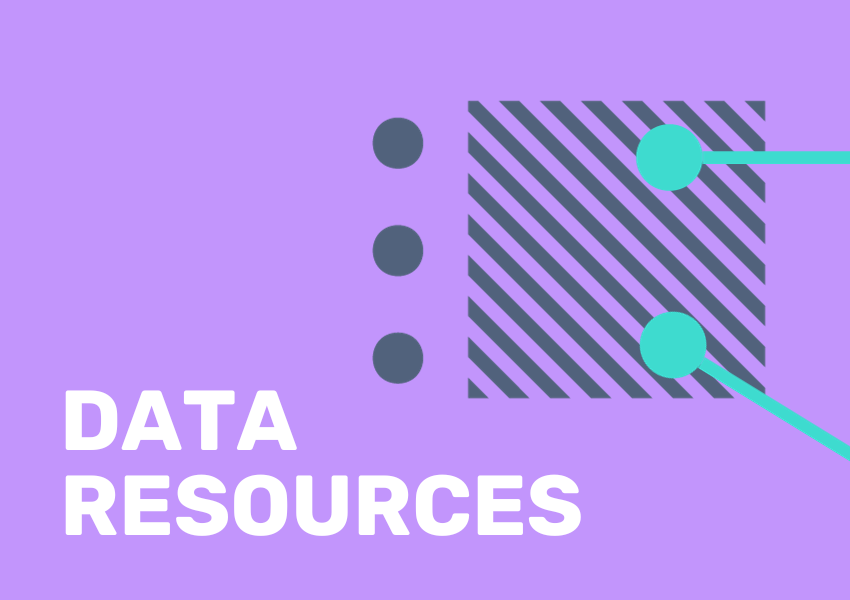
Ofwat has released new vulnerability guidance to water providers, to support customers in vulnerable circumstances. Some people do not have a reasonable opportunity to access and receive an inclusive service, which may have a detrimental impact on their health, wellbeing or finances. This may be due to personal characteristics, their overall life situation or due to broader market and economic factors.
As part of the guidance, water providers are required to develop a vulnerability strategy outlining how they plan to help their customers with additional needs. Our Local Insight platform is well placed to support organisations to understand the context they work within and inform decision-making. Find out more below and if it all sounds interesting, book a demo with the team.
Local Insight is a user-friendly platform that brings together small-area data, helping you to make informed decisions for the benefit of your community.
With Local Insight you can:
We hold data on a huge range of topics – including many relevant to developing a vulnerability. For example, household income, chronic illnesses, mental health conditions, digital exclusion, those living alone, lone parent families, household language and more.
Ofwat vulnerability guidance states that water companies are required to maintain a register of customers that need special assistance to access services – particularly in emergencies, with targets to have at least 7% of customers on their priority services register by 2025.
Local Insight can help you to identify the areas with larger proportions of residents that are likely to be vulnerable. This can help to prioritise which areas to target first and provide some guidance on which local partners to engage with for greatest impact.
Our interactive, HTML reports give you a comprehensive look at the key issues in your areas. We can work with you to design a custom report, which includes each of the parameters of vulnerability that you are interested in. This can include historical trend data to support you in identifying trends over the time. The report template can be integrated into Local Insight so that you can generate a vulnerability report at a click of a button for any neighbourhood within your service patch, which will automatically be updated whenever new data is published.

The dashboards within Local Insight allow you to easily compare multiple indicators across multiple areas. This provides you with a quick way to identify which areas score highly across all your key indicators as well as colour-coded visuals to include within your reports.
The choropleth maps in Local Insight allow you to visualise any of the 1500 neighbourhood level indicators at Local Authority, MSOA, LSOA and Ward level. In addition to this, you can overlay data you hold on the services you provide.

This is really useful in understanding your existing service provision and whether there are any ‘cold spots’ that you are currently not reaching. For example, you may want to plot the location of your water bottle stations or any existing partnerships with the voluntary and community sector.
With a deadline of June 2024 for first drafts of a Vulnerability Strategy and final strategies to be published a year later, time is of the essence. Local Insight is an easy to use and intuitive platform that brings you value from the moment you start using it. As it is a web-based platform, we can have you up and running on the same day as purchase.
In addition to a subscription, you may also want to draw on the experience of our research team – experts in small-area place based data. For example, we could work with you to develop a “vulnerability index” – bringing together the key indicators that determine customer vulnerability so that you can rank neighbourhoods you work with to help inform your decision making.
To find out how Local Insight can support you with your vulnerability strategy and better follow Ofwat vulnerability guidance, book a demo of Local Insight today.
The newly launched multi-map analysis feature within the Local Insight platform encourages…
More
Brighton & Hove Food Partnership (BHFP) is a citywide charity that works…
More
You don’t need to spend hours making ward profile reports. If you…
More